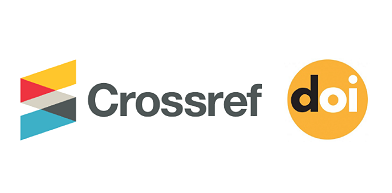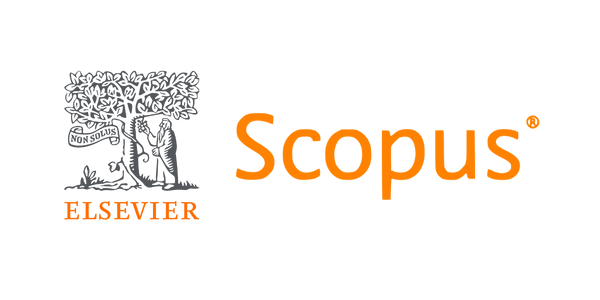Ethical and Legal Dimensions of AI Diagnosis in Medicine
DOI:
https://doi.org/10.61386/imj.v18i3.702Keywords:
Artificial Intelligence, Medical Diagnosis, Ethics, Legal Backing, Healthcare, Patient CareAbstract
The recourse to Artificial Intelligence (AI) in medical diagnosis has ambivalent or paradoxical dimensions. It is believed to have transformed healthcare resulting to improved accuracy and efficiency on one hand, while on the other, it raises concerns regarding ethical and legal dimensions. Because of the sensitive issues of the study, a qualitative method of critical/conceptual analysis of literature was employed to understand the intricate dimensions in the use of AI in matters that bothers on the sacredness of life in the face of wrong diagnosis. A fundamental research question that guided the study was: “what are the ethical and legal implications of AI-driven failed diagnosis”? The interdisciplinary approach of the study aimed at examining more closely, the impact of AI diagnosis on medical care alongside ethical and legal liability. Findings revealed threshold of errors, lack of accountability and legal backing as some outcomes in the use of AI for diagnosis. The discussion indicated the need for clear guidelines and regulations governing AI use in medicine from an ethical and legal perspective. The study’s significance is in its contribution to the overall understanding of AI-use in healthcare delivery and the guarding against faulty diagnosis. Recommendations from the study include establishing standardized AI protocols which will ensure transparency in AI decision-making in medicine as well as training for healthcare practitioners who use the system.
Downloads
Published
License
Copyright (c) 2025 Archibong EI, Raji RO, Ibe DI, Udoh AE, Chisunka M

This work is licensed under a Creative Commons Attribution 4.0 International License.









